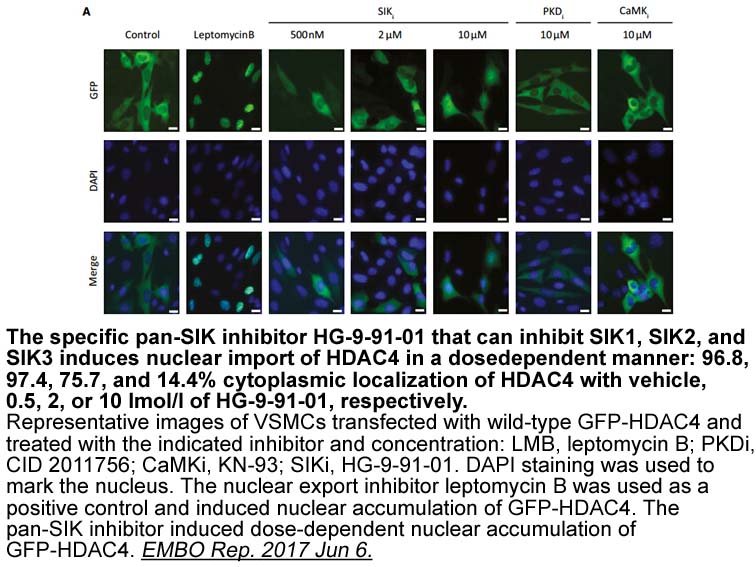Archives
These connaissances provided regulatory mechanisms that
These connaissances provided regulatory mechanisms that had as their prime goal equilibrium and stability. While individualization, punishment and exclusion of the abnormal were the common set of practices for the disciplinary power to control and discipline, biopolitics began to use security apparatus and the notion of laissez-faire to regulate the collectivity through the notion of equilibrium and normality.
A “security apparatus” or “dispositif” could be characterized as a technique, a connaissance, a calculus or a policy. It acted over a space (not a territory), encompassing a multiplicity of subjects and where the considering lives. Its main goal was to normalize the population and to make sure that all activities related to population\'s equilibrium and normality would work well. For instance, Foucault exemplifies the problem of food scarcity in the middle of the 18th century: when confronting such issue, physiocrat knowledge managed to avoid food scarcity not by lowering prices and controlling economic variables, rather by conceiving laissez-faire as an economic policy where prices could float freely within the market sphere.
In this sense, political and economic techniques could be considered as modern security apparatuses, especially the ones with liberal aspects. Foucault (2004, pp. 11–15) says, unlike disciplinary forces, security apparatuses act using broader forces, taking laissez-faire beyond economic sphere and re-using it within political domain. Permission and normalization became then its main guide. Therefore, security was a collective power that considered population as its political subject, aiming its normalization and controlled permissiveness.
Foucault (1997, p. 250) claims the exercise of biopolitics has been effected by both State and non-State apparatuses and institutions since the 19th century, contradicting the idea of biopolitics being exclusively a State form of power. The institutions related to biopolitics also included, for instance, medical institutions, insurances and welfare funds, which have become more accurate and collectively spread throughout the 20th century.
Foucauldian genealogy considered that economic ideas – especially the ones produced by the classical political economy – were majorly relevant for the analysis of the birth and growth of biopolitics. In Foucault\'s lectures presented in Collège de France between 1978 and 1979 (entitled Security, Territory, Population and The Birth of Biopolitics) he highlighted the central and strategic role played by economic theories and ideas in that process. According to Foucault, economic theories should not be taken only as a set of discourses, but also as political practices that were embodied by the State and other institutions as a way of producing new power relations.
encompassing a multiplicity of subjects and where the considering lives. Its main goal was to normalize the population and to make sure that all activities related to population\'s equilibrium and normality would work well. For instance, Foucault exemplifies the problem of food scarcity in the middle of the 18th century: when confronting such issue, physiocrat knowledge managed to avoid food scarcity not by lowering prices and controlling economic variables, rather by conceiving laissez-faire as an economic policy where prices could float freely within the market sphere.
In this sense, political and economic techniques could be considered as modern security apparatuses, especially the ones with liberal aspects. Foucault (2004, pp. 11–15) says, unlike disciplinary forces, security apparatuses act using broader forces, taking laissez-faire beyond economic sphere and re-using it within political domain. Permission and normalization became then its main guide. Therefore, security was a collective power that considered population as its political subject, aiming its normalization and controlled permissiveness.
Foucault (1997, p. 250) claims the exercise of biopolitics has been effected by both State and non-State apparatuses and institutions since the 19th century, contradicting the idea of biopolitics being exclusively a State form of power. The institutions related to biopolitics also included, for instance, medical institutions, insurances and welfare funds, which have become more accurate and collectively spread throughout the 20th century.
Foucauldian genealogy considered that economic ideas – especially the ones produced by the classical political economy – were majorly relevant for the analysis of the birth and growth of biopolitics. In Foucault\'s lectures presented in Collège de France between 1978 and 1979 (entitled Security, Territory, Population and The Birth of Biopolitics) he highlighted the central and strategic role played by economic theories and ideas in that process. According to Foucault, economic theories should not be taken only as a set of discourses, but also as political practices that were embodied by the State and other institutions as a way of producing new power relations.
Classical political economy: the role of State and population care
Liberalism and security in contemporary government
Foucault\'s intellectual developments regarding economic ideas focused on the shifts from mercantilism and physiocracy to political economy, emphasizing how the power dynamics established among State, markets and population suffered significant changes from the 16th to the end of the 18th century. According to Foucault (2004, pp. 312–315), mercantilism was characterized by the institution of the police, which represented a specific form of public administration throughout the 16th, 17th and 18th centuries. While mercantilist doctrine pursued economic opulence of the nation through State control of markets and trade, the police was responsible for administrating public affairs in a broader sense, which included all spheres in regard to life: security, labor, trade, morality, health and happiness.
When physiocracy emerged – not as a proper school of thought, but as an organized set of ideas, according to Schumpeter (1994, pp. 223–224) – it brought new concepts on how to fight scarcity through agriculture and free competition, where prices, supply and demand would fluctuate freely. Also, it provided alternative theories regarding self-interest and criticized mercantilist overregulation toward economic sphere and trade (see Schumpeter, 1994, pp. 209–248). Furthermore, physiocracy was a relevant theoretical frame because of its primary criticism toward mercantilism, what represented in Foucault\'s terms the beginning of the shift to a different governmentality.